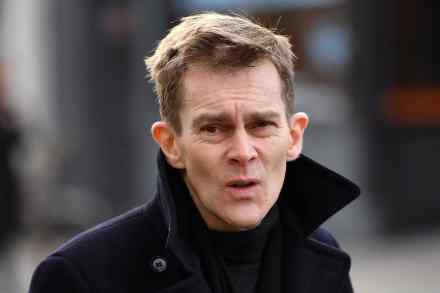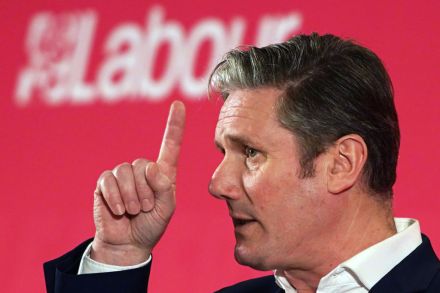Seumas Milne makes his comeback
Much like Brighton’s weather, Labour’s conference started brightly but has now become a much more gloomy affair. As ‘scumgate’ rumbles on, cranks scrap in public while frontbenchers take subtle pot shots at one another. Still, despite all the bleakness and infighting, Mr S is delighted to bring news of one ray of light amid the darkness – the return of Seumas Milne. Jeremy Corbyn’s former director of communications was spied by Steerpike’s man in the Grand, holding court in the bar of the Brighton conference hotel yesterday afternoon, sporting a fresh trim and his trademark black suit. Among those hosted by the former Corbyn spin doctor was union baron Len McCluskey, the recently




















